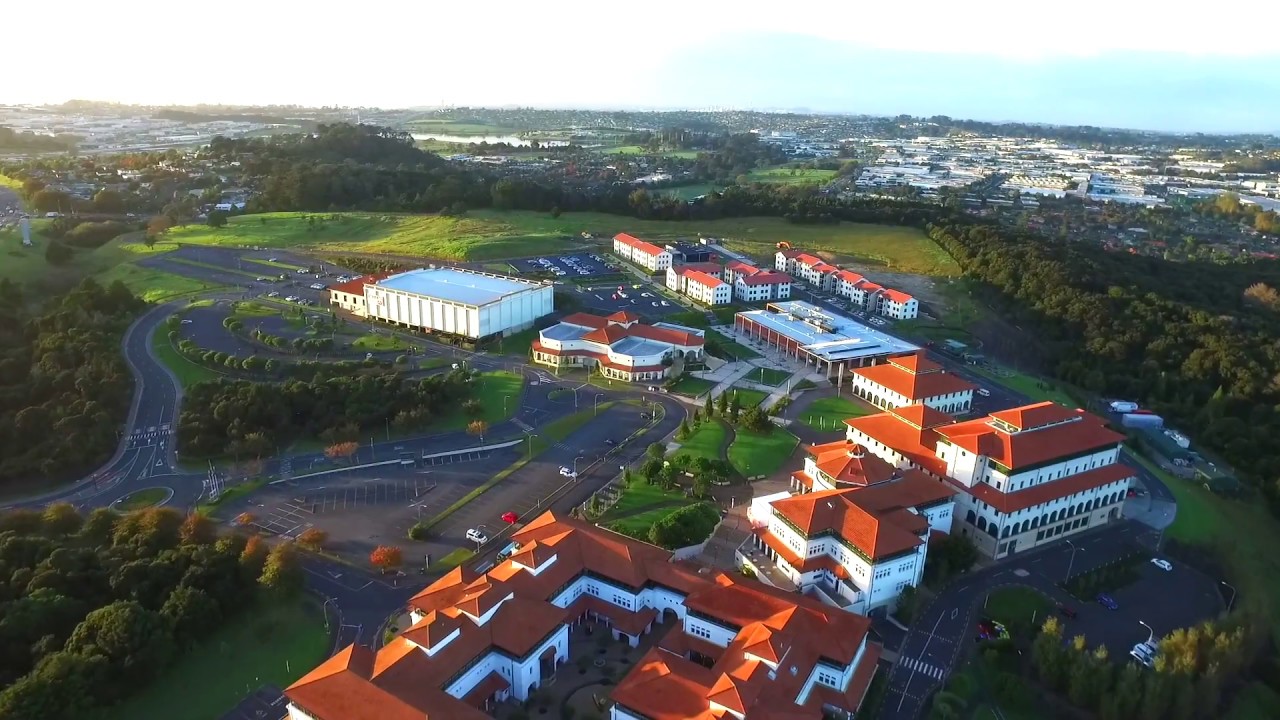Bachelor of Science in Molecular Genetics and Biochemistry
Learn how advances in molecular analysis are changing the face of medicine, agriculture, horticulture and ecology – and how you can help.
Molecular genetics and biochemistry encompasses a hugely important area of study for the 21st century. It unifies many disciplines, ranging from cell biology, physiology and chemistry to computer science, and from patent law and medicine, to bioprotection and food production. It underpins many exciting and dynamic industries that are changing rapidly.
In the Bachelor of Science (Molecular Genetics and Biochemistry) you will study the big questions of life:
- What are we made of?
- How do we work?
- Where did we come from?
- How are we and our world changing and adapting?
- How are organisms related and how does evolution work at a molecular level?
- Why do diseases or disorders develop and how can we treat them?
- How can we create better medicines and more efficient agriculture?
- How can we protect ourselves and our environment from disease?
Join world-leading researchers
Your lecturers in the BSc will present relevant cutting-edge examples from their own research. They will help you develop the skills and knowledge to become molecular biological scientists of the future.
Get connected
Our Manawat? campus will connect you with a wider teaching and research environment of applied (biomedical, veterinary science, food science, agriculture) and traditional biology disciplines. You will have many elective (optional courses in areas of your interest) choices and the interactions and excitement of being part of a large group of biology-focused students.
Campus Information
Manawatu campus
The Manawatu campus is Massey's original campus. With lovely heritage buildings and park-like grounds located near Palmerston North city, it is one of the best places in the country to experience the real student lifestyle. With a huge portion of the population under 25 it is the perfect place for learning and living. The large campus is beautiful year-round with 11,500 different varieties of plants and trees in the form of manicured gardens, green fields, woodlands and bush.
Intakes
- Feb
- July
Application Processing Time in Days: 30
Application Process
Minimum English Language Requirements
| English Level Description | IELTS (1.0 -9.0) | TOEFL IBT (0-120) | TOEFL CBT (0-300) | PTE (10-90) | |
|---|---|---|---|---|---|
| Expert | 9 | 120 | 297-300 | 86-90 | |
| Very Good | 8.5 | 115-119 | 280-293 | 83-86 | |
| Very Good | 8 | 110-114 | 270-280 | 79-83 | |
| Good | 7.5 | 102-109 | 253-267 | 73-79 | |
| Good | 7 | 94-101 | 240-253 | 65-73 | |
| Competent | 6.5 | 79-93 | 213-233 | 58-65 | |
| Competent | 6 | 60-78 | 170-210 | 50-58 | |
| Modest | 5.5 | 46-59 | 133-210 | 43-50 | |
| Modest | 5 | 35-45 | 107-133 | 36-43 | |
| Limited | 4 | 32-34 | 97-103 | 30-36 | |
| Extremely Limited | < 4 | < 31 | < 93 | < 30 |
Job Opportunity Potential
The Molecular Genetics and Biochemistry major will provide you with internationally-marketable skills. Many of our graduates spend a period of time outside New Zealand, either furthering their studies at leading universities or in employment.
Possible career opportunities include pure and applied research, quality control, product development and work in medical, forensic, and analytical laboratories. You could also work in information services such as libraries and scientific publishing organisations.
Molecular Genetics and Biochemistry graduates also have jobs in sales and marketing – especially of scientific equipment, chemicals, and reagents for biological research and drugs. Jobs in these areas can lead to high-level careers in management and administration in science and health-related fields.
Potential employers include:
- medical laboratories
- NZ Crown Research Institutes (AgResearch, HortResearch, Plant & Food Research, Scion, Landcare Research, Environmental Science and Research) as well as international research institutes
- agricultural and horticultural sectors: dairy, meat, wool, wheat, forestry, leather
- wineries, breweries and food industries
- pharmaceutical manufacturing and scientific supply companies
- secondary and tertiary educational institutions (education and research)
- biotechnology companies
- scientific publishers
- New Zealand Government (Ministry of Primary Industries, Ministry of Health, Environmental Protection Agency, Tertiary Education Commission), regional and local councils.
If you continue your studies to a higher degree (BSc(Hons), MSc, and PhD) there are careers in scientific research, tertiary teaching and higher level management.
PSW Opportunity
- During study, all students on a student visa can work up to 20 hours per week during semester and full time during vacations.
- After completing Level 7 Bachelor’s Degree or Higher Qualification, a student will get a three years open post-study work visa.
- After completing Level 8 Post Graduate courses of 1 year, students get 1 year PSW.
Admission Requirement / Eligibility Criteria
- All India Senior School Certificate (AISSC) or Indian School Certificate (ISC) Year 12 with an overall average of 75% and a minimum of 60% in English
- For most undergraduate level programmes, the minimum academic entry requirement is successful completion of a qualification equivalent to the New Zealand Year 13 - NCEA Level 3 University Entrance. International students need to check the equivalency of their secondary school qualification by reviewing the list of Academic Admission Requirements by Country/Region.
- International students who have previously studied at a New Zealand secondary school should refer to the secondary school requirements section.
- International students who have completed 3 x B at level 5 or 6 passes in the New Zealand Diploma of Business may apply for entry into a Bachelor's programme.
- An NZQA transcript as formal evidence of the NZDipBus results is required before credit will be assessed and only papers with a minimum grade of B will be assessed for credit.
- The English language requirements can be met by:
- A minimum IELTS 5.5 (or equivalent) used to gain entry to the NZDipBus or,
- A recent IELTS 6.0 with no band score less than 5.5
- Course Type: Full Time
- Course Level: Bachelors/UG Degree
- Duration: 03 Year
-
Total Tuition Fee:
101310 NZD
Annual Cost of Living: 20000 NZD
Application Fee: N/A
Similar Programs
- Bachelor of Science (Statistics) at Massey University
- Bachelor of Science (Psychology) at Massey University
- Bachelor of Science (Mathematics) at Massey University
- Bachelor of Science (Computer Science) at Massey University
- Bachelor of Information Sciences (Computer Science) at Massey University
- Bachelor of Arts (Statistics) at Massey University

